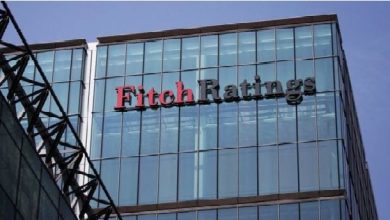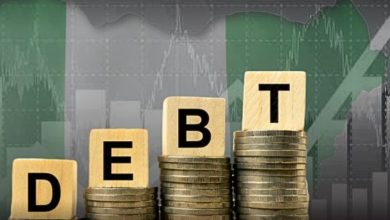Naira Records 10-Month High as Foreign Exchange Inflows Rise
The naira strengthened further last week, closing at ₦1,455.17 per dollar, its best rate since December 2024.
Analysts linked the gain to stronger foreign exchange inflows, rising reserves, and renewed investor confidence.
The naira continued to strengthen in the official market last week, closing at ₦1,455.17 per dollar, its best level since December 2024, according to data from the Central Bank of Nigeria. This marked a 0.72 percent gain or ₦10.5 appreciation from the previous week.
Analysts attributed the improvement to stronger foreign exchange inflows from portfolio investors and remittances. The parallel market also saw a modest rise, as the naira appreciated by 0.88 percent to ₦1,475 per dollar, supported by better liquidity conditions.
Market activity was mixed through the week. Early trading was pressured by the exit of some foreign portfolio investors, which briefly weakened the local currency. However, sentiment improved midweek following renewed inflows from investors who converted foreign funds into naira to meet local fixed-income commitments.
In its outlook for the week, AIICO Capital projected that the naira would likely remain steady in the near term, helped by a stronger dollar supply and growing external reserves. Cowry Asset Management shared a similar view, noting that improved inflows helped reduce demand pressure on the local currency.
The firm added that while the naira may stay stable in the short run, rising import demand or slower inflows could limit further gains. It also noted that oil prices might face some pressure from higher global supply, but a rebound in demand could strengthen Nigeria’s external earnings and support market confidence.
Nigeria’s external reserves rose to $42.57 billion, boosted by higher oil revenues, remittances, and portfolio investments. The increase provides the central bank with more room to manage short-term volatility and sustain stability in the foreign exchange market.
In another positive development, global index provider FTSE Russell added Nigeria to its Watch List in its September 2025 semi-annual country classification review. The move opens the door for a possible upgrade from “Unclassified” to “Frontier Market” status, as Nigeria now meets the required quality of market criteria.
Nigeria was downgraded to “Unclassified” in September 2023 due to delays in the repatriation of foreign investors’ funds. However, recent policy reforms have improved liquidity, with market participants reporting easier access to foreign exchange. Being placed on the watch list means the country will undergo a formal review period ahead of a potential reclassification in March 2026.
Analysts at Meristem Securities said the new status puts Nigeria back on the investment radar for global funds. They explained that active investors might start positioning early, while passive funds would plan for future allocations, possibly leading to a surge in foreign portfolio inflows over the next year.
They also noted that the anticipation of new investments could further strengthen the naira and improve market confidence, though long-term results would depend on the government’s commitment to maintaining a transparent, market-driven economy.



